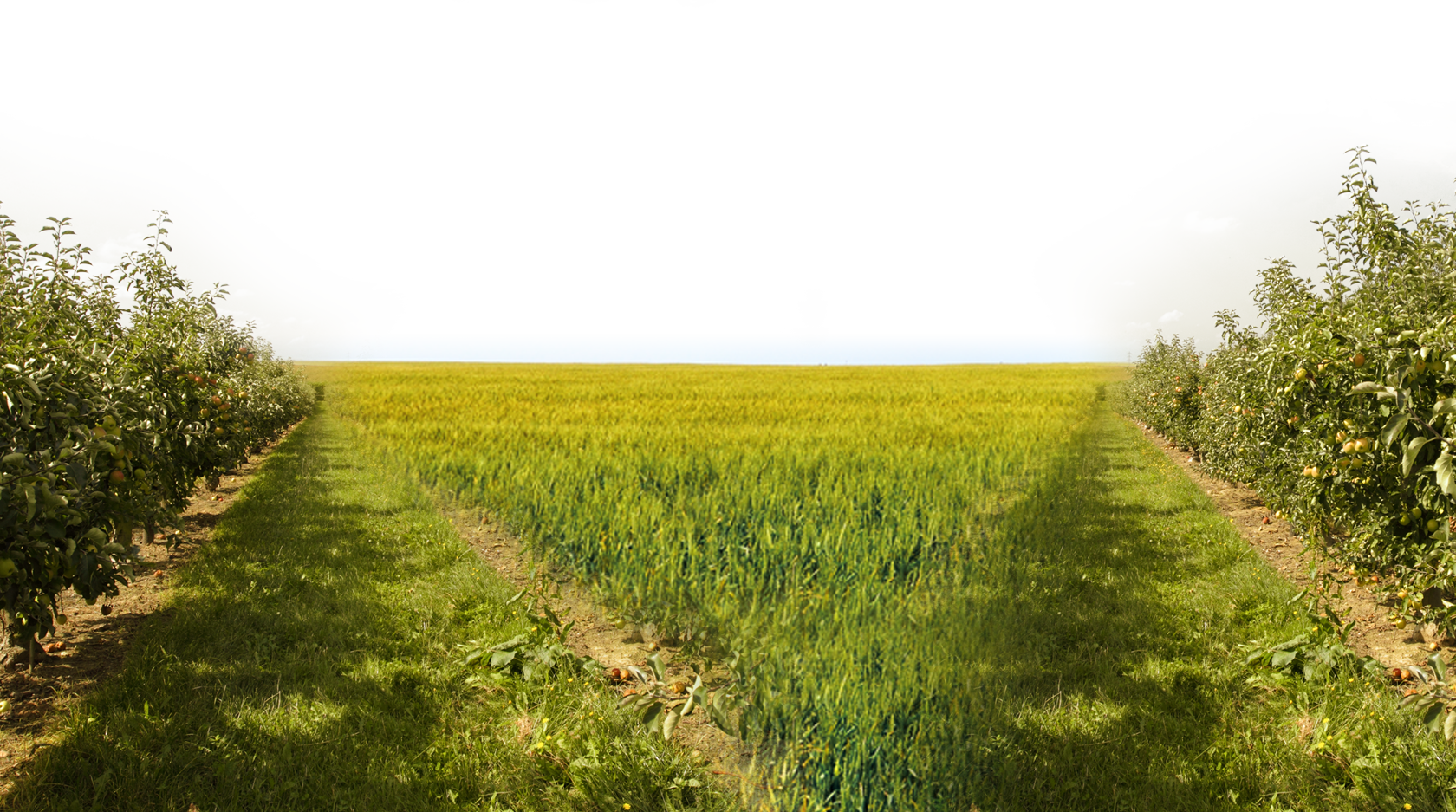
Farms Can’t Just Flip a Switch to Transition to Organic
By Dave Carter | 0 Comments | Posted 04/21/2014
Switching to organic isn’t like flipping a switch. Some journalists covering growing customer demand for organic food have commented on the reluctance of many farmers to convert their crops to organic production. In reality, it’s risk, not reluctance.
Farming conventionally and farming organically require separate skill sets, and a different approach to agriculture. Instead of relying on synthetic chemicals or engineered seed to solve problems, organic farmers are required to use biological controls, crop rotations, and other practices.
That’s just the start. By law, producers converting land to be certified for organic production must farm the land according to organic rules for three years before any crop can be marketed as organic. But soils farmed conventionally tend to become dependent on the chemical fertilizers and pesticides, just as a person can become dependent on drugs. Those chemicals often destroy living matter like earthworms and beneficial insects.
Eliminating those chemicals throws the soil into a cold turkey withdrawal process. Productivity initially collapses without synthetic fertilizer and pesticides. As earthworms, microbes, and beneficial bugs return–along with the application of organic matter–crop yields will begin to recover.
But during the three-year transition, farmers must endure smaller crops without receiving any of the premiums associated with organic production. Farmers who have weathered the transition process have demonstrated a real commitment to the philosophy of organic agriculture. I am excited that new partners are now coming to the table who want to make that transition a less painful, and more profitable, for American farmers.


 Contact us
Contact us



























